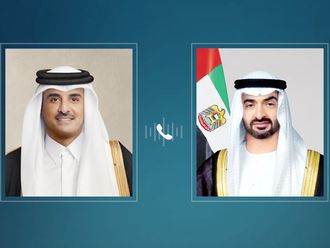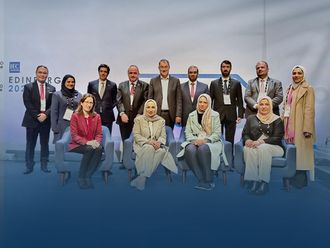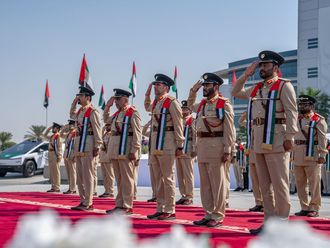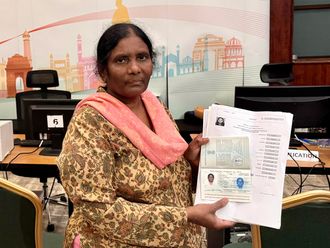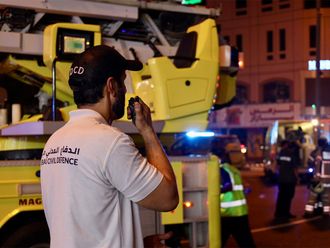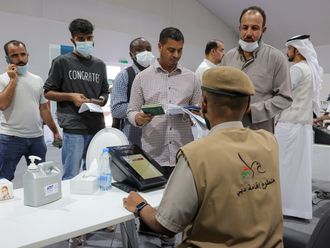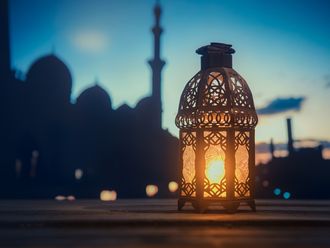Abu Dhabi: The UAE is pressing for taking a firm stand against countries which move their embassies to occupied Jerusalem or recognise it as the capital of Israel.
The Abu Dhabi Declaration confirmed recognition by the OIC member countries of the State of Palestine that includes all of the territories captured in 1967, including occupied east Jerusalem.
It demanded all member countries immediately recognised the Palestinian State and raise the diplomatic representation to an embassy level.
President His Highness Shaikh Khalifa Bin Zayed Al Nahyan said the Arab-Muslim [occupied] Jerusalem can never be surrendered as history, law and international legitimacy confirm Muslims' inalienable rights to it, irrespective of the Israeli occupation's measures to increase the Jewish presence there.
His speech at the meeting of Inter-parliamentary Union of the Organisation of Islamic Conference (OIC) was read out by His Highness Shaikh Saud Bin Saqr Al Qasimi, Supreme Council Member and Ruler of Ras Al Khaimah.
The Abu Dhabi declaration demanded that the UN Security Council issue a resolution recognising the independent Palestinian state.
Parliamentary leaders also condemned the Israeli occupation's atrocities in Palestine, especially in the Gaza Strip, which claimed the lives of many innocent people, demanding that Israeli officials be brought to account for their war crimes in Gaza.
The UAE has also urged the OIC member countries to take action to halt Islamophobia in the West.
Abdul Aziz Al Ghurair, Speaker of the Federal National Council, said concerted efforts were necessary to stop the spread of Islamophobia that impaired Muslim-West relations.
The call came as Al Ghurair, chairman of the Islamic Inter-parliamentary Union of the Organisation of the Islamic Conference (OIC), opened the 13th meeting of the union on Tuesday.
"Recent Western calls to protect Christians in the East is a natural outcome of Islamophobia triggered by misunderstanding and mistrust of the tolerance of Islam and its respect of religious freedom and human dignity," Al Ghurair said.
He called for a broad coalition from all faiths to fight Islamophobia and urged parliamentary leaders from 51 Muslim countries to be effective in interfaith dialogue.
Iran joins session
Iran, which had initially vowed to boycott the meeting of Islamic parliamentary leaders over a proposal by the UAE to create a committee to resolve disputes between Muslim nations, took part in the meeting after the UAE withdrew the proposal.
Ali Larijani, Speaker of the Iranian Parliament led a high-ranking parliamentary delegation at the Islamic Inter-parliamentary Union (IIPU) extraordinary session.
The proposal to create the committee was first made at a Parliamentary Union of the Organisation of Islamic Conference meeting in Kampala last year. It was then passed on, with the support of Iran's parliamentary speaker, to the union's 10-member executive committee. It was then approved by the executive committee in October. Iran occupied the Greater and Lesser Tunbs and Abu Mousa on the eve of the UAE's independence in 1971.
It has repeatedly rejected calls by the UAE for international arbitration or direct negotiations to resolve the dispute.


